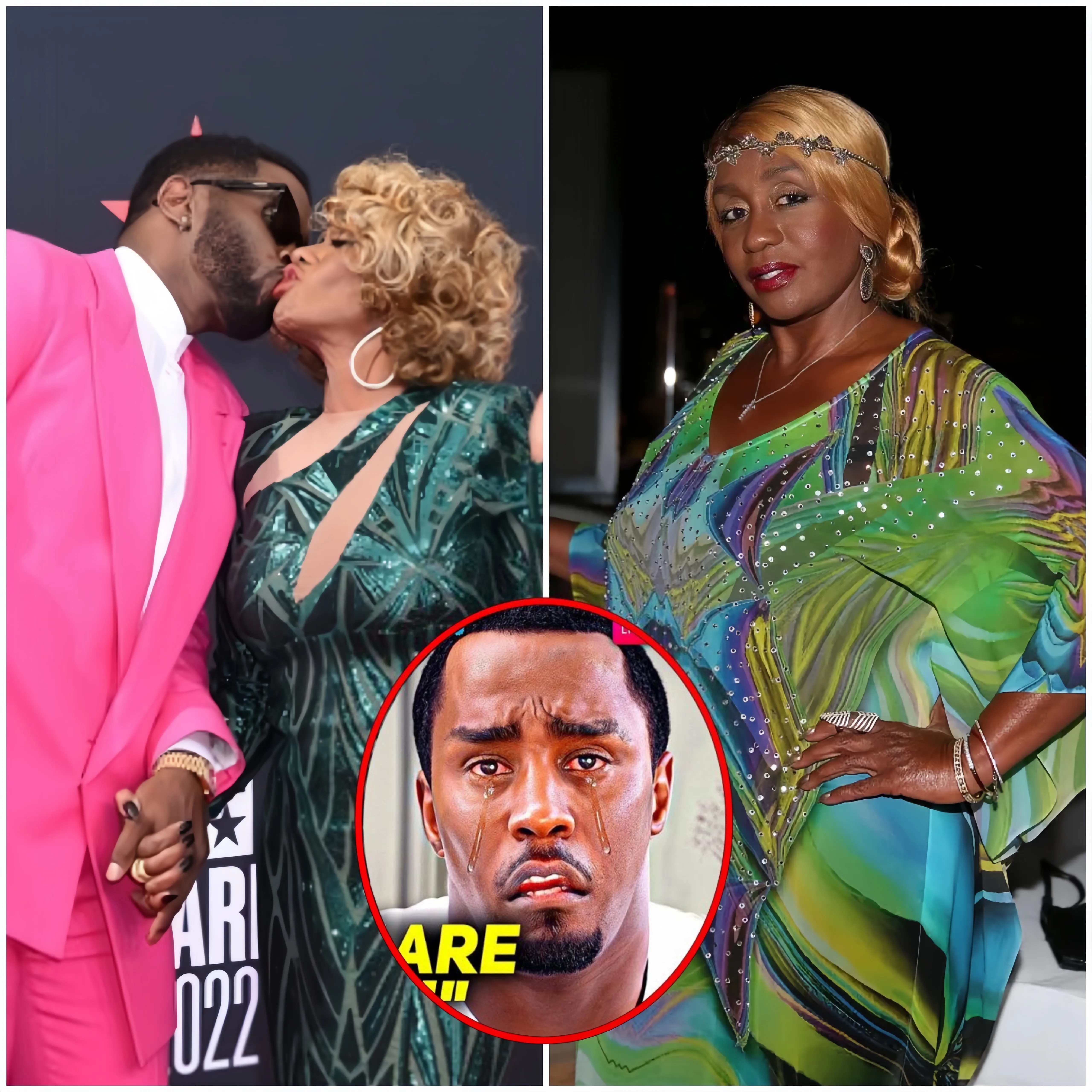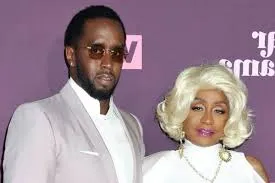Janice Combs, the mother of music mogul Sean “Diddy” Combs, held a press conference that sent shockwaves across the U.S. after revealing that her son had been “injured” during his ongoing legal battle. Diddy’s legal troubles, which involve multiple accusations of misconduct, have garnered widespread media attention, but his mother’s statement opened a new chapter in the saga.

In her speech, Janice Combs expressed frustration with how her son has been portrayed, arguing that the narrative surrounding Diddy’s case was deliberately manipulated to paint him as a monster. She labeled the legal proceedings as a “public lynching,” condemning what she described as false accusations and an unfair trial. The shocking part of her statement, however, was her claim that the judge overseeing the case had allegedly “harassed” those involved, resulting in thousands of complaints from the public.
The case has become a focal point for debates on power, celebrity, and justice in the U.S. The sentencing has prompted outrage from many of Diddy’s supporters, who argue that he has been unjustly targeted. Others, however, believe the legal system is simply holding him accountable for serious allegations, including charges of sexual assault and trafficking.
Mrs. Combs’ defense of her son has added another layer of complexity to the case. She implored the public to remember Diddy’s contributions to music and culture, emphasizing that her son should not be defined by these accusations alone. Despite the gravity of the charges, she remains hopeful that the truth will come to light, and her son will be exonerated.
As the case continues, the press conference has raised more questions than answers, with the nation divided on whether Diddy is the victim of an unjust system or a powerful figure finally facing accountability. In either case, the complaints against the judge and the allegations of misconduct have shifted public attention, making the outcome of this case even more unpredictable.
The saga of Sean “Diddy” Combs’ legal battle is far from over, and it remains to be seen how the courts will address the growing concerns of fairness and impartiality.


